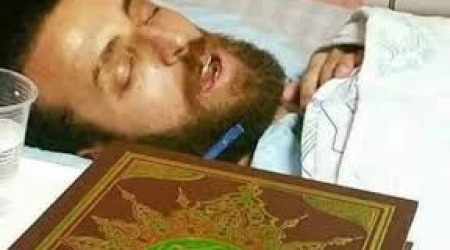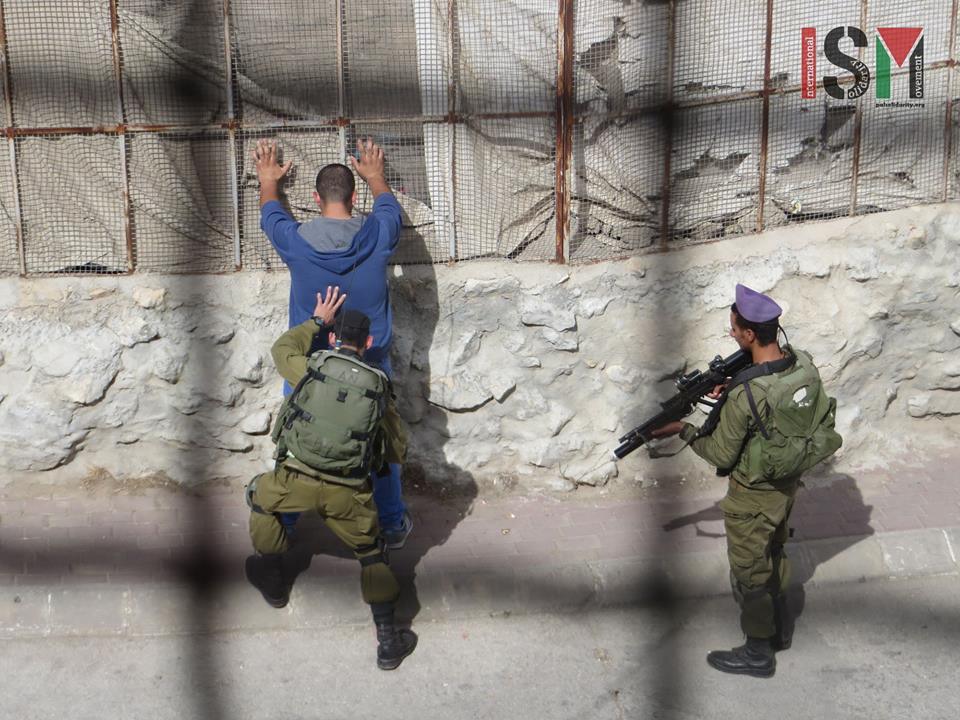Tag: Global Actions
-
Mohammed al-Qiq on the verge of death: sign Avaaz petition to demand his freedom NOW!
12th February 2016 |International Solidarity Movement, Ramallah Team | occupied Palestine 33-year-old journalist, Mohammed al-Qiq, is on his 80th day of a hunger strike in protest against his imprisonment without charges or trial. Al-Qiq’s health has deteriorated to the point of facing imminent death. We are making a call to the international community to…
-
100 days of collective punishment for Hebron residents
7th February 2016 | International Solidarity Movement | Hebron, occupied Palestine February 8th marks one hundred days since Israeli forces declared the Tel Rumeida neighborhood and the adjacent portion of Shuhada Street a “closed military zone,” requiring residents to register with the Israeli military and be assigned numbers in order to be allowed to access…
-
TAKE ACTION to end the closed military zone in Hebron
19th January 2016 | Action Alert ISM is currently working to expand the campaign to put pressure on Israeli authorities to heed the demands set forth in the Action Alert, which over 35 organizations have now signed calling for an end to the closed military zone in Tel Rumeida, Hebron and for Israeli authorities to abide by…



